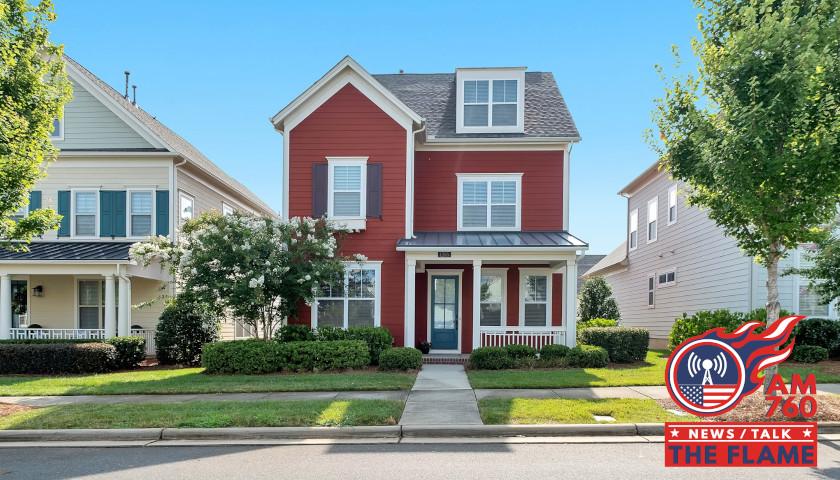by Christian Wade
Connecticut lawmakers are taking aim at restrictive local zoning laws as part of a broader effort to address the state’s affordable housing crunch, but the move faces pushback from critics who say it would usurp local authority.
A proposal that’s being considered by the state Assembly would require cities and towns to conduct assessments on the need for affordable housing in their communities and come up with plans and zoning for a set number of units of affordable housing, based on the needs of the region.
Supporters of the legislation say local zoning restrictions have created segregationist-like communities in Connecticut and stymied efforts to build more affordable homes, which ultimately hurts the state’s economy.
“Low-income and middle-income families across the state of Connecticut are struggling to find affordable and accessible housing,” a summary of the bill states. “Because of this housing shortage, these families are limited to residing in a few densely populated cities, inner suburbs, and rural areas.”
Roger Senserrich, a spokesman for the advocacy group Connecticut Working Families, said the legislation “strikes a balance between local control and development, preserving municipal authority over land use.”
“It also will ensure that our housing market is more responsive to demand, preventing the current command-and-control economies and harsh supply restrictions,” he said in testimony in support of the bill. “Under the current system of draconian, exclusionary zoning regulations, wealthy towns abuse their authority to block new housing and economic development.”
Critics, like the Connecticut Conference of Municipalities, oppose the measure saying it would create a “punitive process” to assess and implement the statewide need for affordable housing and impose a “top-down policy” onto the backs of local governments.
The group wrote in testimony opposing the bill that it would be a “significant unfunded mandate and exposes towns and cities to significant costs and does not incentivize communities that lack adequate tools to address affordable housing.”
A fiscal note attached to the bill estimated it would cost the state Office of Policy and Management about $256,500 over the next two fiscal years to oversee the program.
But the analysis pointed out that cities and towns would be facing “potentially significant” costs beginning in fiscal year 2025 for hiring consultants and staff to develop plans and conduct the required assessments.
Lawmakers are advancing other proposals aimed at easing the affordable housing crunch, including one that seeks to encourage local governments to build more multi-family housing near public transit stations by giving them priority for state infrastructure grants in exchange.
The so-called Work, Live, Ride bill was approved by the Planning and Development Committee last week, along with a similar proposal seeking to encourage transit oriented development filed by Gov. Ned Lamont.
Lamont’s plan, included in his budget proposal for the next fiscal year, calls for spending $600 million over the next two years to create about 6,400 new units of affordable housing.
That includes a proposed $100 million transfer to the state’s Time-to-Own program, which provides down payment assistance to low- and moderate-income households.
“People deserve a roof over their head,” Lamont said in remarks in February. “That’s No. 1 in terms of getting your life back together.”
Like many states, Connecticut is struggling amid shrinking inventory of housing — for both market-based and affordable units — which is driving up prices and edging many first-time buyers out of the market. The crunch is also affecting the state’s economic growth, making it harder to attract new families and companies to the state, officials say.
The National Low Income Housing Coalition says Connecticut needs to build more than 89,000 units of affordable housing to meet the current demand.
– – –
Christian Wade is a contributor to The Center Square.
Photo “Ned Lamont” by Office of Governor Ned Lamont. Background Photo “Affordable Housing” by Will Buckner. CC BY 2.0.








